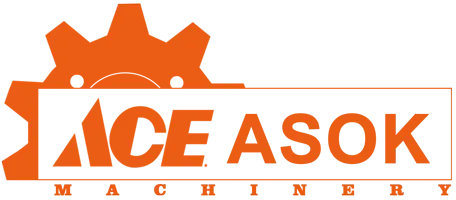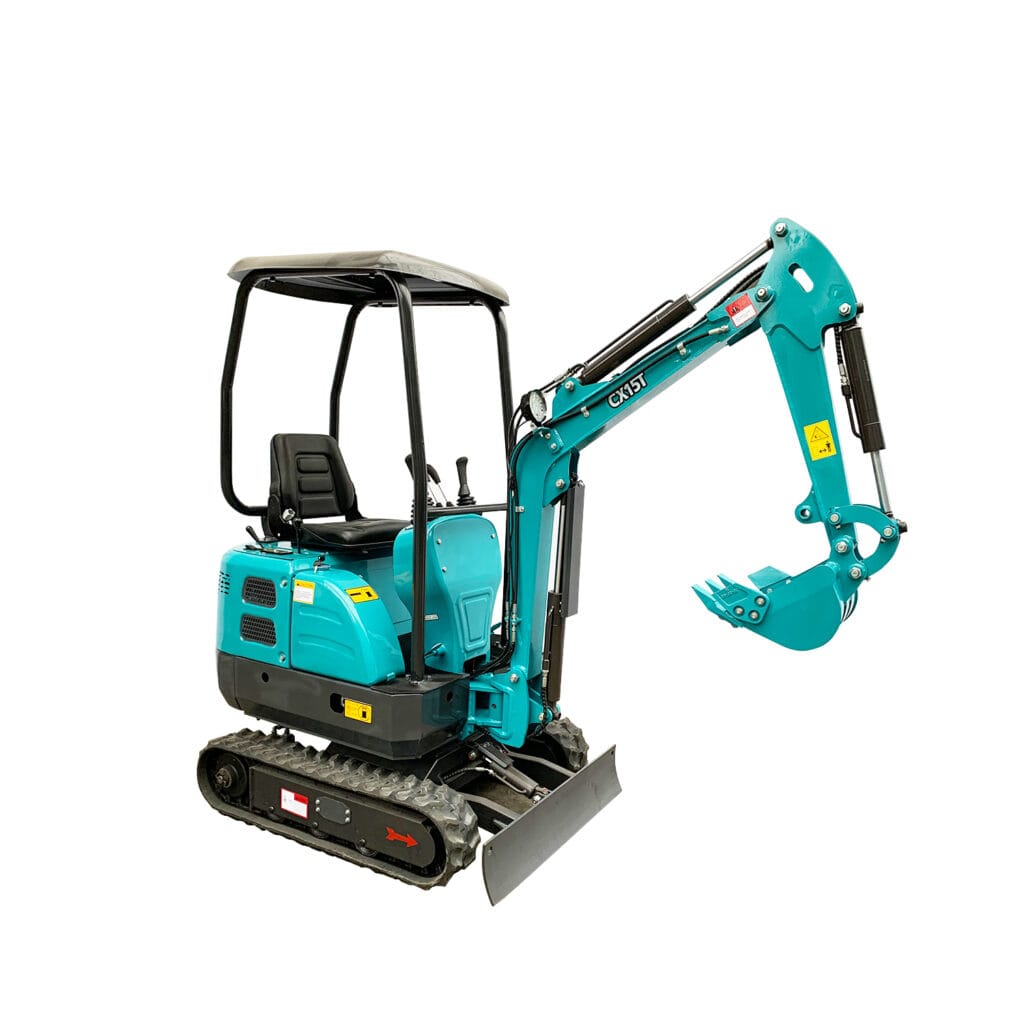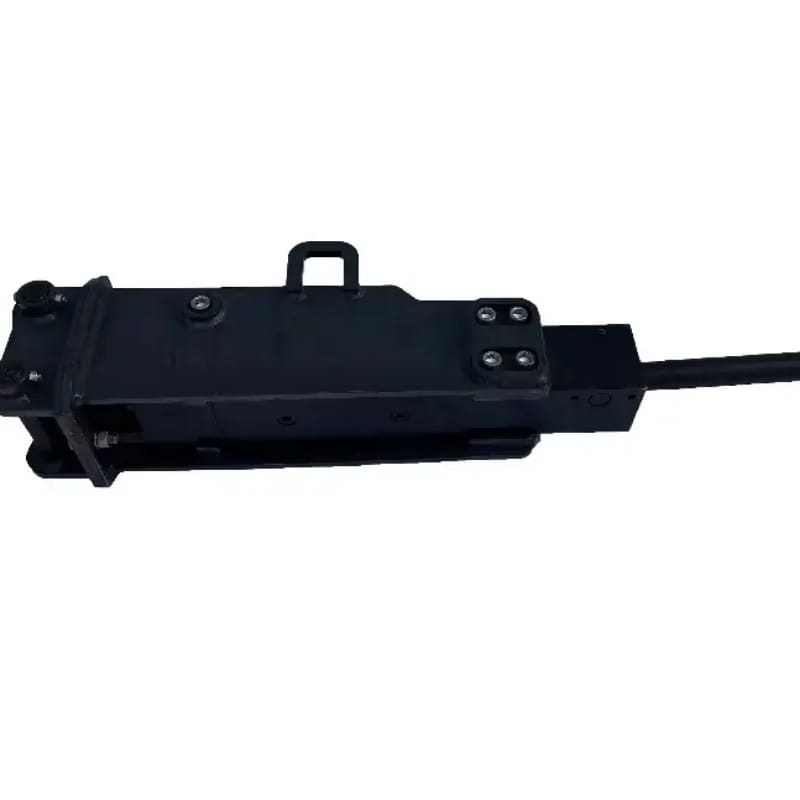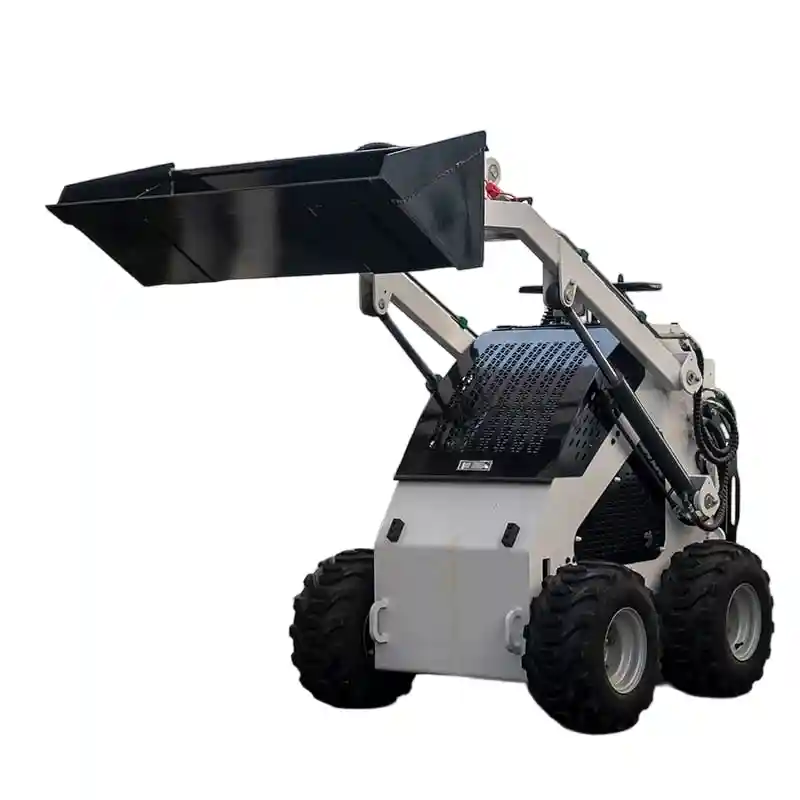Long-Term Cost Comparison Across Industries
In industries such as construction, landscaping, agriculture, and municipal services, the need for compact and reliable machinery is constant. When comparing the cost of buying a mini excavator versus long-term rental, ownership quickly proves more cost-effective across most use cases. Renting a mini excavator can cost between $1,800 and $5,000 per month. Over a year, that adds up to $21,600 to $60,000—often surpassing the outright purchase price of a new model.
Contractors who rely on consistent access to their equipment will find rentals both financially and operationally restrictive over time. At Ningbo ACE Machinery Co., Ltd, a company with 29 years of experience and ranked among the top three road machinery manufacturers in China, we deliver durable, low-maintenance mini excavators engineered for maximum uptime. Our equipment is ideal for developing markets and independent operators seeking cost-effective and reliable machines that generate long-term savings and provide full operational independence.
Whether used in utility installation, small-scale excavation, or municipal infrastructure, owning a machine provides freedom from rising rental fees and dependence on third-party availability. As demand for compact construction equipment grows, forward-thinking businesses increasingly favor ownership for its long-term return on investment.
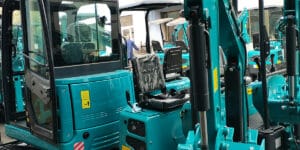
Hidden Costs of Leasing: Uncontrollable Long-Term Expenses
Although leasing offers a low initial investment, several hidden costs accumulate over time and reduce its long-term value.
1.Yearly Rental Increases
Leasing rates typically rise annually due to inflation and market demand, leading to growing operational expenses over time.
2.Maintenance Surcharges
Some leasing agreements require the renter to cover the cost of replacing high-wear components, unexpectedly increasing maintenance costs.
3.Equipment Limitations
Leased machines often cannot be modified or upgraded, limiting the operator’s ability to improve performance or customize for specific tasks.
4.Post-Purchase Fixed Costs Advantage
Owning equipment reduces recurring costs to only maintenance and servicing, eliminating the constant financial pressure of ongoing rental fees.
5.Customer Optimization
Owners have the flexibility to add accessories, upgrade systems, and enhance machine capabilities—significantly boosting long-term productivity.
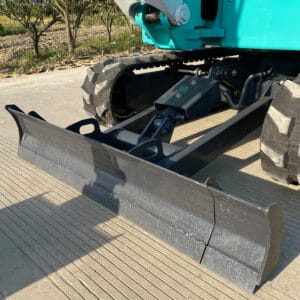
The higher the equipment utilization rate, the more cost-effective the purchase
If a mini excavator is in use more than 100 days annually, buying becomes significantly more economical. For businesses with regular excavation, grading, trenching, or lifting requirements, cumulative rental fees often exceed the total investment of purchasing a reliable machine. Frequent use amplifies the cost-effectiveness of ownership, especially for contractors who cannot afford delays due to machine unavailability.
Purchasing a mini excavator for sale ensures uninterrupted access and consistent performance—critical for infrastructure projects or tight-schedule developments. Ownership eliminates recurring rental expenses and allows complete scheduling flexibility, which boosts productivity and profit margins.
Other Advantages of Buying: Asset Appreciation and Financial Optimization
Investing in a mini excavator is not just an operational decision—it’s a strategic financial move. The equipment becomes a tangible asset that can appreciate or retain strong resale value. This asset can be monetized during idle periods by leasing to others or selling once project needs change. In contrast, renting offers no residual value.
From an accounting standpoint, owned equipment can be depreciated for tax benefits or listed as a capital asset on balance sheets. It may also serve as collateral when securing project-based loans or operational credit. These financial advantages provide contractors and small firms with additional flexibility and long-term economic value.
Under what circumstances can leasing still be considered?
Despite the benefits of ownership, leasing a mini excavator may still be practical under certain conditions. Businesses managing short-term or highly specialized projects may prefer the flexibility of temporary access. Seasonal work, such as winter snow removal or summer landscaping, may not justify a full purchase.
Additionally, first-time users might find it useful to rent a mini excavatorfor trial purposes before investing in ownership. For operations that require diverse machines or multiple attachments, rental agencies may offer bundled solutions without long-term commitments.
Is renting more suitable for new businesses or one-time users?
Yes. For startups with limited cash flow or businesses tackling one-off projects, renting offers a way to manage operational costs while gaining access to necessary tools. It provides a low-risk entry into equipment use, particularly when exploring job-specific compatibility or workforce training. However, as equipment usage becomes more frequent, transitioning to ownership delivers better cost efficiency and long-term reliability.
Can ownership costs be optimized through shared use or resale?
Absolutely. Collaborative purchasing agreements among multiple contractors allow shared access to a mini excavator, splitting maintenance and storage costs. During idle periods, the machine can be leased to third parties, generating additional income. Maintaining the equipment in good condition enhances its resale potential, helping to recover a significant portion of the initial investment.
What’s the impact of equipment availability and scheduling?
Mini excavators are in high demand across construction zones, residential developments, and urban infrastructure projects. Rental units may not always be available when required, resulting in project delays. Ownership ensures immediate machine access, eliminating downtime and keeping projects on track. In time-sensitive operations, access to the right machine at the right moment is critical to overall success.
What role does branding and equipment customization play?
Brand visibility and equipment personalization are increasingly important for professional contractors. Owned mini excavators can be painted, labeled, or equipped with specialized attachments tailored to specific project needs. These enhancements are generally not allowed on rented machines, limiting both operational flexibility and company brand visibility on job sites.
Summary
Buying a mini excavator delivers long-term savings, higher uptime, and full control over operations and assets.
